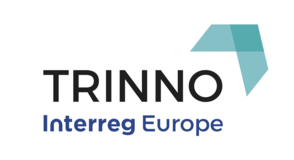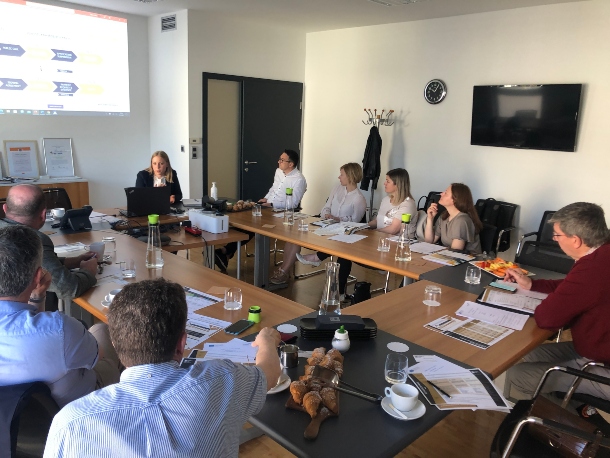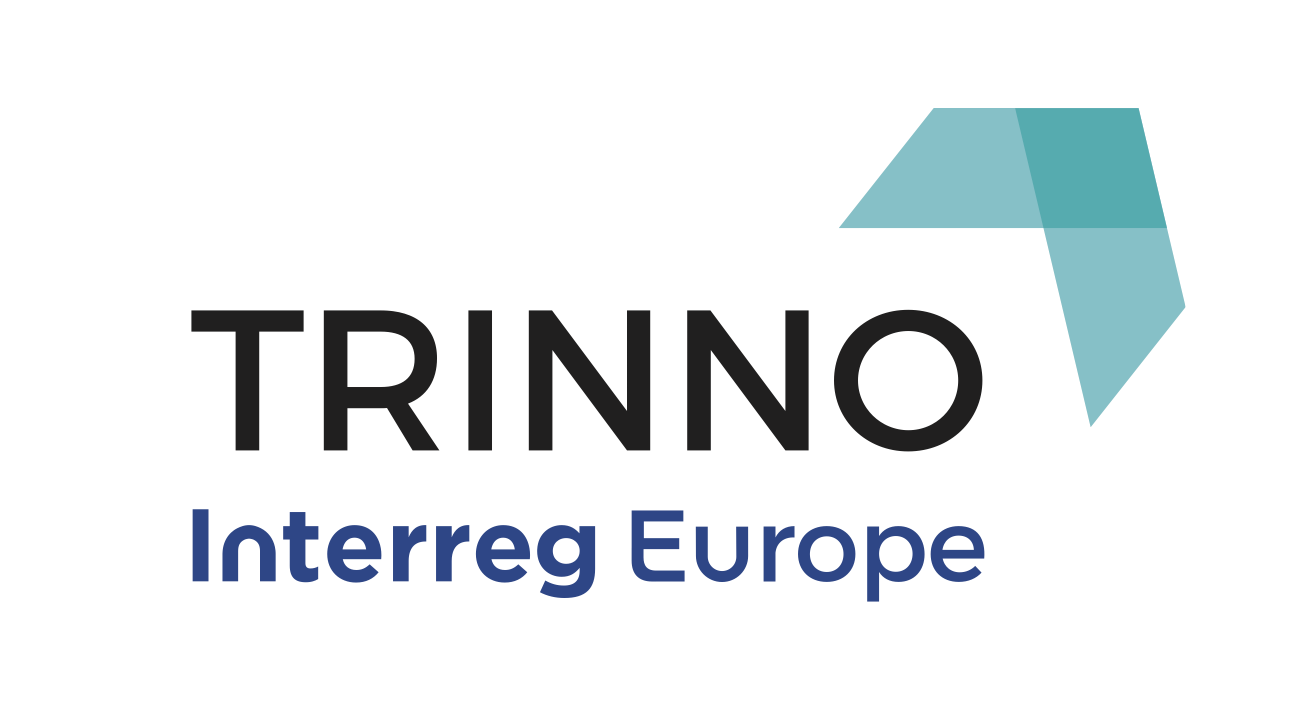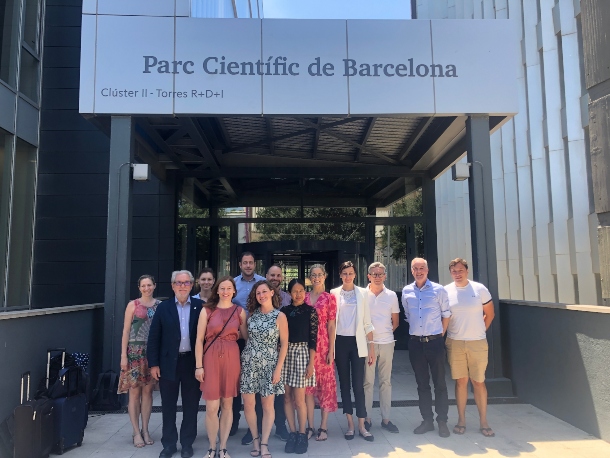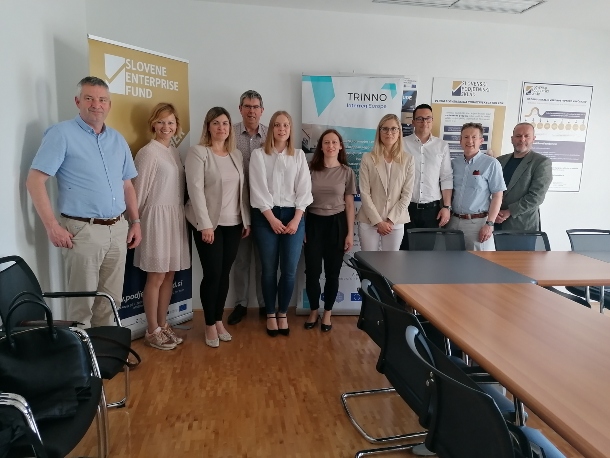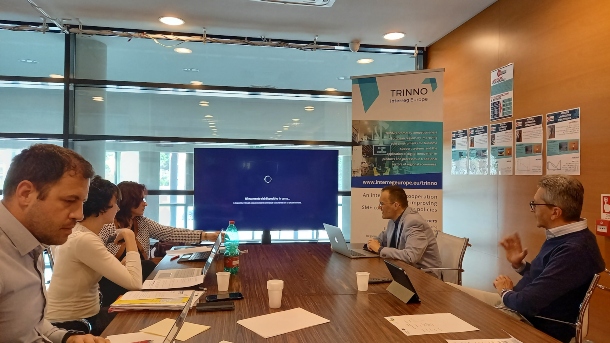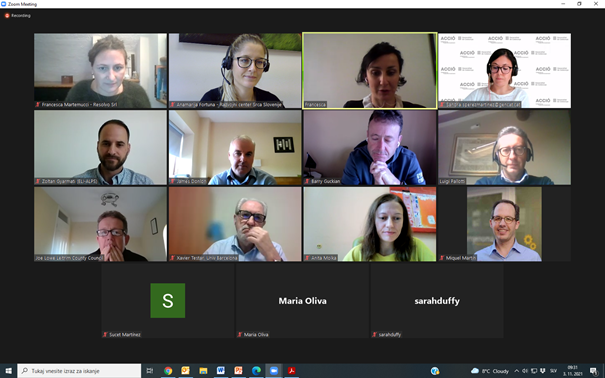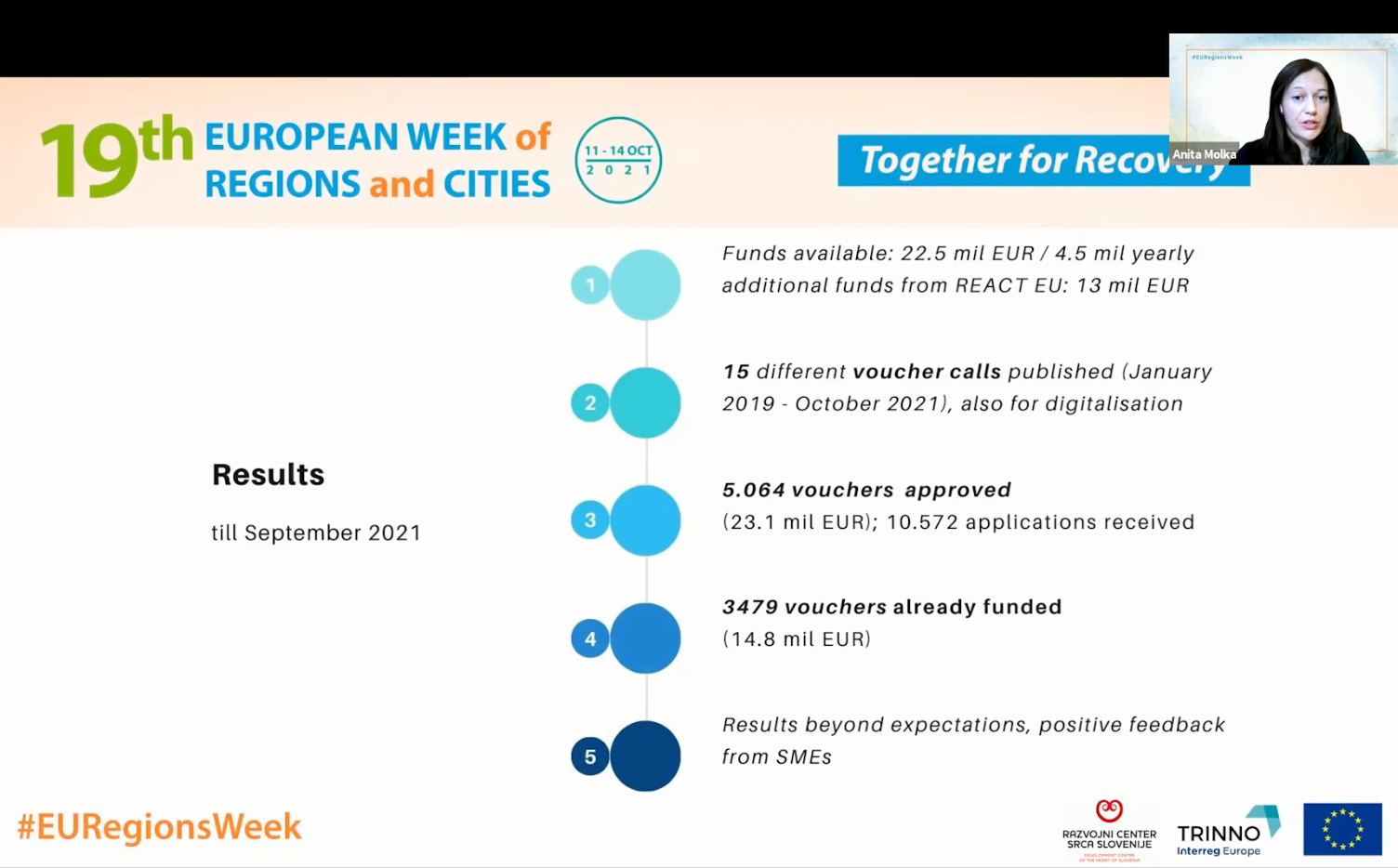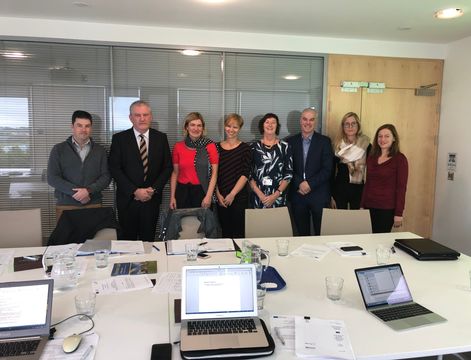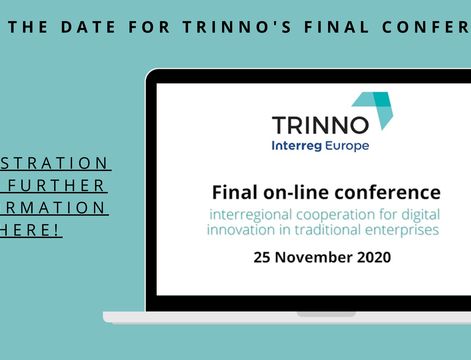Half-way through the monitoring phase of the TRINNO project, the COVID-19 pandemic spread across Europe. Whilst this had the immediate impact of slowing down or even halting some actions, in other ways it also resulted in the opportunity to enhance and refocus some proposed policy solutions, including some Good Practice transfers and activities.
The Good Practice Transfer of the Trading Online Voucher (TOV) Scheme from Ireland to Slovenia is particularly noteworthy as it is aimed at assisting enterprises to introduce technology within their business models, to foster growth in an increasingly digital world.
Following a staff exchange in Ireland in 2018, involving TRINNO partners - Development Centre of the Heart of Slovenia and WestBIC; and including the Slovenian Ministry of Economic Development and Technology and the Local Enterprise Office Roscommon, the Slovenian Ministry prepared a new voucher scheme in Slovenia, influenced by the Irish TOV scheme, in which they work closely with the Slovenian Enterprise Fund who published voucher calls.
Since January 2019, when the first voucher calls were published in Slovenia, 3,510 vouchers were approved totalling over 15 million EUR. The new voucher scheme was extremely well received, forcing the Ministry to close the calls in July 2020, much sooner than planned as all available funds were spent due to rapidly rising demand. Building on this success, a new call opened in February 2021. The new voucher system in Slovenia is a huge success on the national level. The results are beyond expectations and the feedback from companies is very positive. It has significantly simplified access to co-financing individual services, which help companies to strengthen their competitiveness and competences, including the introduction of digital solutions to facilitate on-line and remote trading during COVID-19.
The COVID-19 pandemic has had a particularly negative effect on enterprises in rural areas, especially those that operate in traditional sectors with conventional business models. In this regard the onset of the COVID-19 pandemic has accelerated the need for many traditional enterprises, to innovate and in particular to look at new technology solutions for the delivery of activities and services.
This came into sharp focus, including in the originating country of Ireland, where demand for the TOV Scheme administered by the Local Enterprise Offices, to combat the impact of COVID-19, has been extraordinary. The introduction of additional funding and more flexible conditions for the scheme as a COVID-19 response resulted in phenomenal uptake to address the new trading challenges of enterprises. In 2020, 13,000 businesses applied for the Scheme nationally, with a total budget of €32m. In contrast, in 2019 and previous years, an average of 1200-1500 enterprises availed of the scheme with a typical annual budget of just €2.5m. At a local level, in the rural county of Roscommon, which facilitated the transfer to Slovenia, 272 Vouchers were approved for rural enterprises in 2020, compared to just 29 in 2019. In summary, the demand for the Voucher scheme has increased by 1000% since the pandemic unfolded.
Of note, for 2020, when the average GDP decrease across EU countries was -6% as a result of the pandemic, Ireland recorded positive GDP growth (+2.5%), the only EU country to achieve this, due in some part to the impact of such measures to support enterprises to adapt their business models to survive.
The positive impact of the Good Practice transfer of the Trading Online Voucher Scheme from Ireland to Slovenia was also recognized on the programme level. In this context, WestBIC presented the scheme and its impact at the Interreg Europe Online Discussion on addressing COVID-19 business challenges in September 2020. Additionally, the new voucher scheme in Slovenia was presented at the Interreg Europe event “Europe let’s cooperate” and is featured in the Interreg Europe’s new publication highlighting the latest programme achievements and 30 stories about policy changes from 30 projects in 30 countries. The TRINNO project won, from among 7 successful stories under SME competitiveness.

Staff exchange in Ireland in 2018, involving TRINNO partners - Development Centre of the Heart of Slovenia and WestBIC; and including the Slovenian Ministry of Economic Development and Technology and the Local Enterprise Office Roscommon
